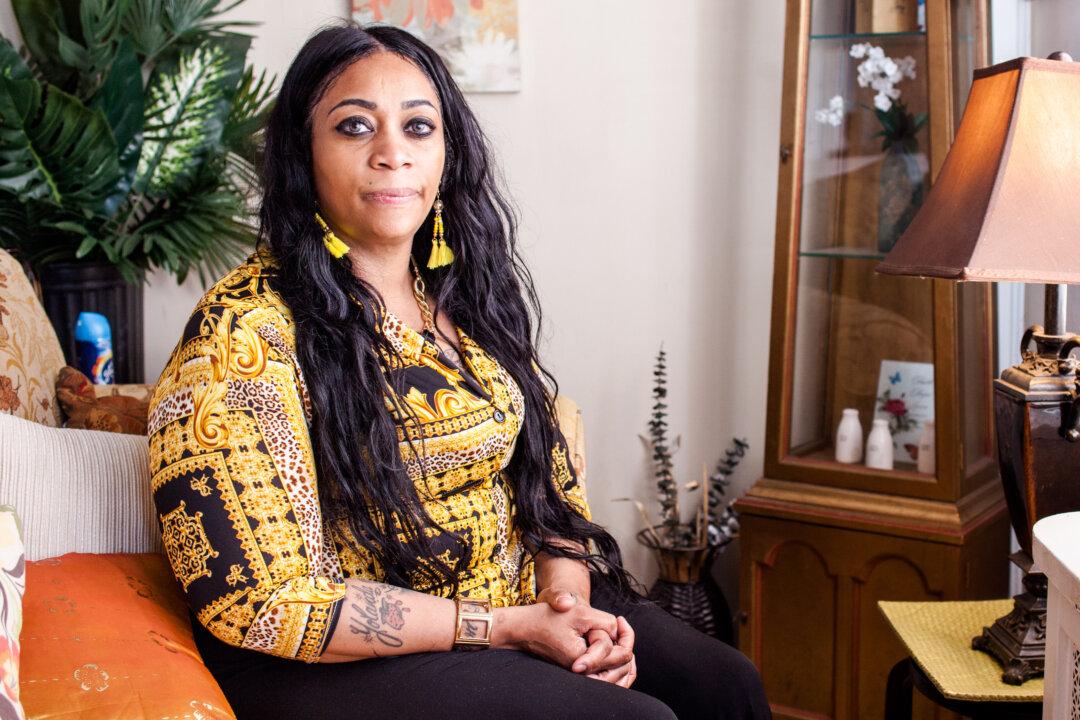In was on Oct. 13 that Yolanda Bryant, 44, started to receive text messages from a family friend’s phone. It was her 10-year-old grandson. After some chit chat, the boy started to open up. He and his 5-year-old sister had been staying with the family friend for five months already. During that time, they hadn’t been to school. “He said, ‘We’re not allowed out the room,’” Bryant said. “He said they get beat with sticks.” Her heart sank.
“Can you get us?” the boy asked, texting from the phone he secretly took from the family friend. She explained that she couldn’t do that. She hadn’t had contact with her daughter for about two years. She didn’t even have her phone number. Getting the children out of there would mean getting custody through the family court.





